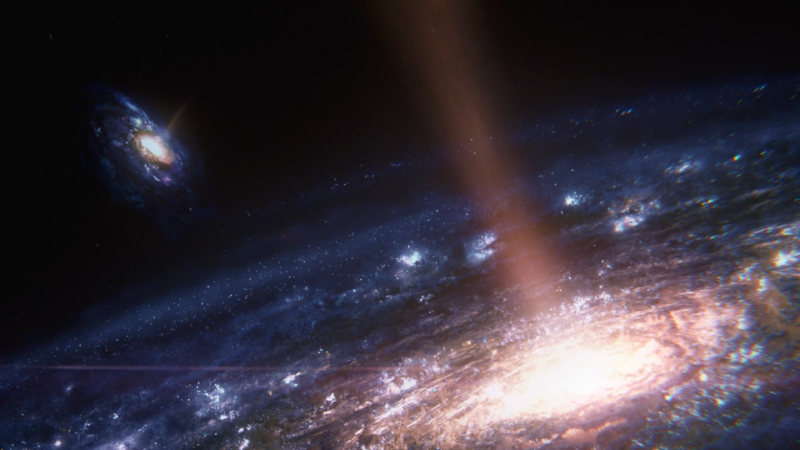
Amazon is nearing a deal with Electronic Arts to develop a TV series for the Prime Video streaming service based on the beloved Mass Effect video game franchise.
The revelation can be found buried midway through a recent Deadline article about the performance of the recent Wheel of Time series premiere on Prime Video and Amazon's overall programming strategy.Specifically, the piece dives into Amazon's focus on genres like fantasy to drive viewers and says that will be a focus for Prime Video moving forward. "You will see us continuing to invest in fantasy genre of all kinds, we have a genre-focused team on the ground in Studios who work tirelessly with our creative partners on those slates, and you can look forward to more," Amazon Studios head Jennifer Salke told Deadline.
In addition to Wheel of Time, which performed well for the company, a Lord of the Rings TV series is set to premiere in 2022.
If the Mass Effect series is still in the negotiations phase as Deadline reports, then we will, in all likelihood, have to wait until well after 2022 to see the show's premiere. The article does not go into any detail at all about the content of the series, likely because those details have not yet been decided. Would a Mass Effect TV series retell the story of the games or a new story? Would it feature characters from the games or an entirely new cast? We'll have to wait and see.
The timing could work out, though, as publisher EA and developer BioWare (which is owned by EA) are in the relatively early stages of developing the first new Mass Effect game since 2017's Mass Effect: Andromeda.
Andromeda saw a lukewarm reception (though some people liked it), so it's been a while since Mass Effect has been an IP to be reckoned with. But back in the late 2000s and early 2010s, few game franchises were bigger.
reader comments
206